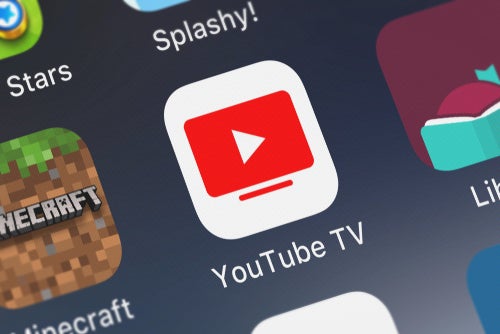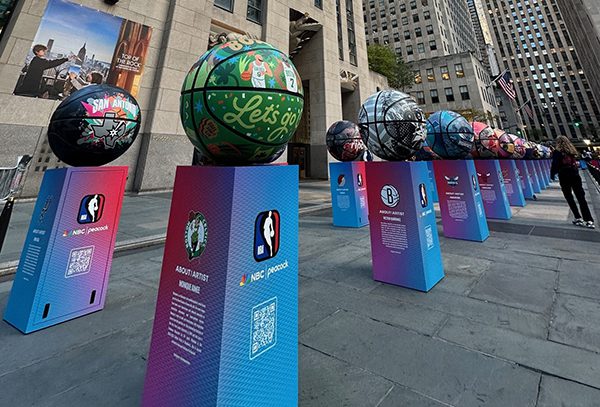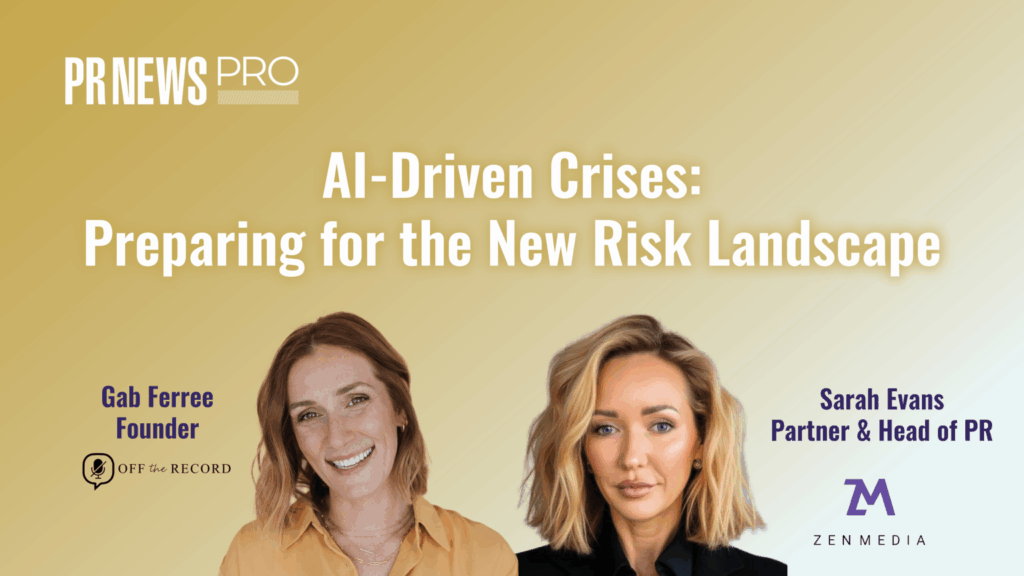Asking a retail-level employee to recognize, and make suggestions for, 10 million customers might seem a bit daunting. But this is exactly what PowerUp, the loyalty program from video game retailer GameStop, does – successfully.
While PowerUp includes points, premiums and email member communications among its strategies, the true core of the program comes from the data-fueled interactions participants have with store employees (who are called, in the brand's parlance, game advisors).
"We see the retail stores as being at the center of everything we do," says Mike Hogan, GameStop's CMO. "The design of the program was less about using the store as an intermediary, and more about using technology to supercharge the relationship stores have with their best customers. [Store employees] do a better job of owning the relationship than I can. They see them more often, and can do all the things you can do in person. I am limited to what you can do with email and texting."
In many ways, the PowerUp program's feeding of transaction data and recommendation strategies formalizes what store managers did long before the program's 2010 inception. When the program was launched, people lauded GameStop for finally starting to do CRM. "I said, 'No, we have been doing it for years. We just didn't have the technology,'" Hogan says. "The store manager was already making recommendations."
GameStop still relies on game advisors: At the store manager level there is comparatively little turnover, so personal relationships with a constant presence are possible. But stores now feature customer kiosks (activated by swiping a program card) and point-of-sale systems which serve up data enabling a wider swath of employees to make tailored recommendations.
"This enables people in stores with less tenure to provide a customer experience that a five-year manager would provide," Hogan says.
"If a game advisor sees you bought Halo, Battlefield and Call of Duty, he is not going to say there is a new Super Mario game," Hogan continues. The advisor might, however, suggest downloadable content not available in the original game release, especially if a customer's buying patterns suggest he hasn't taken advantage of these in the past. The database also notes which systems a customer has purchased games for, and will not push recommendations for those a customer doesn't have.
PowerUp participants can earn points from their retail interactions even without interacting with game advisors, should they be of anti-social bent: A mobile app enables them to check in and earn points and receive on-the-spot promotions.
Different Customers, Different Collateral
In some cases, interactions between customer and game advisor won't mention game play at all. Game advisors are given marketing material and talking points that pitch PowerUp differently to various audience segments. Mothers, for instance, tend to be value driven, and respond better to collateral and conversations that focus on the 10% discount than hard-core gamers, who are more likely to be motivated by the free-with-signup Game Informer magazine.
The discounts, along with magazine, additional trade-in credits and a variety of point bonuses, are available to those electing to go for the $14.99/year Pro membership. There is a basic level, which is free and offers points for purchase and news and updates but limited promotions. To date, 65% of enrollees have chosen to become Pro members, contributing $100 million to the company's revenue and influencing the Colloquy Loyalty Awards to name PowerUp its 2011 Loyalty Innovator in Retail.
GameStop's ongoing training initiatives reflect the high-tech nature of its offerings. The company supplies internal videos which are broadcast within stores during the 30 minutes before locations open. Topics can include upgrades to PowerUp, information about new pieces of equipment, or other daily or monthly initiatives.
"With our demographic, the age of people [working] at our stores, video is a much more powerful tool than written training materials." Hogan says. "We are trying to make everything more video-based, fun and interactive."
One area in which the headquarters (or, as Hogan refers to it, the "store support center") keeps a tighter leash is PowerUp's basic structure. Individual stores can't change the program's rules or the number of points awarded. But they do have the opportunity to position renewal pitches as they feel are most appropriate, based on customer data. And they can also tap into the PowerUp database to promote in-store events to discrete groups of local customers only, although headquarters maintains control of how these solicitations – which are usually done through email – are written and distributed.
GameStop boasts more than 4,500 company-owned retail outlets throughout the United States (and an additional 2,180 throughout the rest of the world). PowerUp is available only through its U.S. locations, however: The legalities of distributing loyalty program currency globally have so far been daunting, although it is something Hogan is open to exploring.



